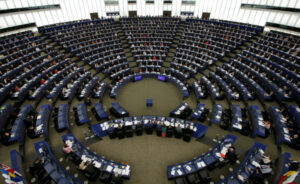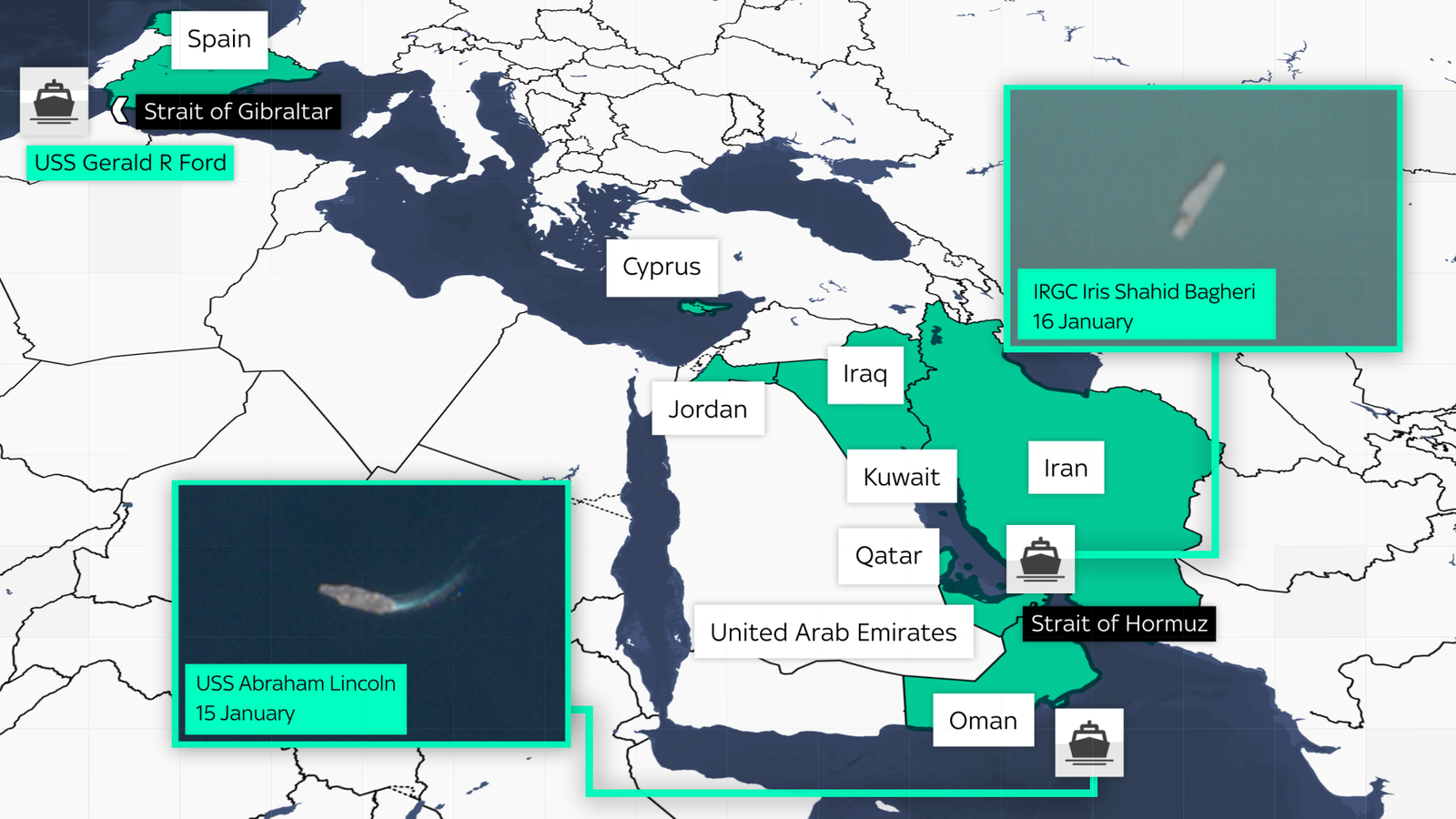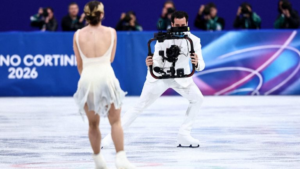The European Parliament has decided to publish only two additional EU-wide forecasts and not to release any after April 23, Bloomberg has reported.
It said the decision by the EP to scale back its plan to publish regular forecasts of upcoming election results followed objections from most of assembly’s political groups.
It will now release two — rather than seven — more projections of the 705 seats to be held by national parties after the May 23-26.
The EP has published two sets of surveys so far — on February 18 and March 1 — and both showed the Christian Democratic and Socialist groups will see their combined share of seats fall below 50% while retaining the top two spots. A Euroskeptic faction that includes allies of Italian Deputy Premier Matteo Salvini and France’s Marine Le Pen was projected to grow to 8% from 5 %.
The EU assembly had planned further forecasts on March 14 — a date it then dropped — March 28, April 11, April 29, May 8, May 16 and May 21. The forecasts are based on aggregations of opinion polls in each member state.
The EU assembly had planned further forecasts on March 14 — a date it then dropped — March 28, April 11, April 29, May 8, May 16 and May 21. The forecasts are based on aggregations of opinion polls in each member state.
The Parliament’s Bureau decided on Monday in Strasbourg, France, to allow only two additional forecasts, whose dates have yet to be fixed, and to release none as of April 23, Bloomberg reported.
“The Bureau had a discussion about the subject on Monday evening in Strasbourg and decided there will be two more seat projections before a purdah from April 23,” Marjory van den Broeke, a spokeswoman for the EU Parliament, said. “The dates for the final two projections are still being discussed.” The final two forecasts would be roughly two weeks apart
The original plan to publish nine surveys in total was meant to help generate interest in the EU Parliament elections, in which voter turnout has fallen for the past four decades. Political groups in the assembly argued that their future seat shares aren’t necessarily reflected by the projections because the formation of factions after the ballot can involve changing alliances and that national parliaments don’t publish similar polls.
Edited by Bouli Hadjioannou
















